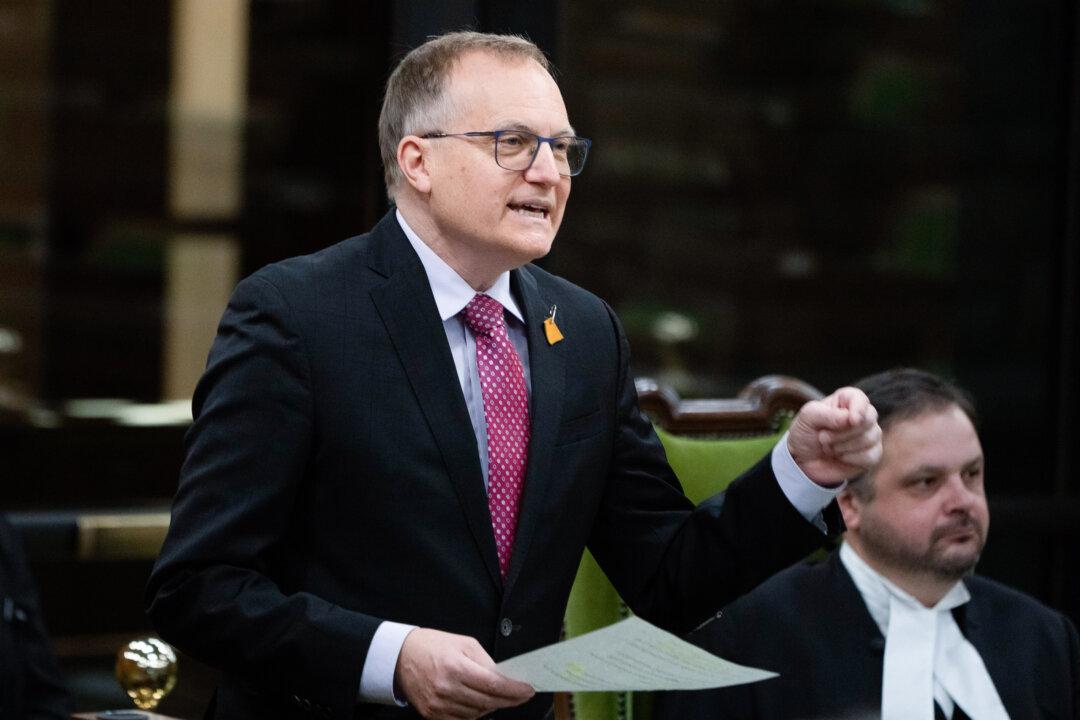The Bloc Québécois has not initiated talks with the NDP to topple the minority Liberal government despite leader Yves-François Blanchet’s threats to do so, says NDP House Leader Peter Julian.
“As House leaders, we’re reaching out to all the parties every day, but I think there’s a difference between what they might be saying publicly and what they’re actually doing privately,” Julian said during CTV’s Question Period Oct. 6 when asked by host Vassy Kapelos if he has heard from the Bloc.





